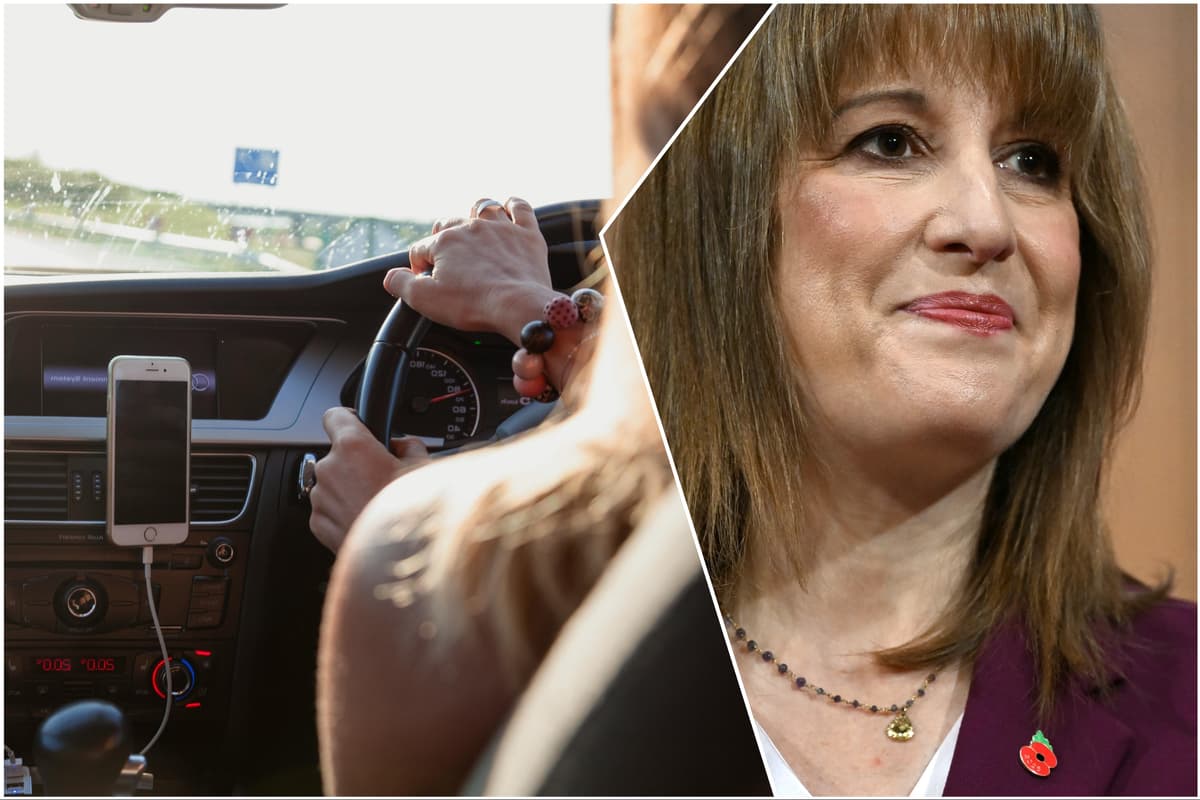Copyright newsletter

Drivers could soon face a new ‘pay-per-mile’ tax, with plans reportedly set to be unveiled by Chancellor Rachel Reeves in the November 26 BudgetThe proposed scheme would charge around 3p per mile for electric vehicles (EVs), costing the average driver about £250 a year from 2028The move aims to plug a £25bn shortfall in fuel duty revenue as more motorists switch to cleaner carsMotoring groups warn it could slow the transition to EVs, branding it a potential ‘poll tax on wheels’Supporters say road pricing could help cut congestion and emissions if designed fairly Car owners could soon find themselves paying a new “pay-per-mile” tax under plans reportedly being considered by Chancellor Rachel Reeves. The proposal, expected to be unveiled in the November 26 Budget, would see drivers charged around 3p for every mile they drive, a move critics have dubbed a “poll tax on wheels”. It’s not expected to come into force until 2028, following a public consultation, but the idea has already sparked fierce debate among motorists, green campaigners and industry figures alike. Why is this being proposed? The Treasury currently faces a growing black hole in public finances caused by the rapid shift to cleaner cars. Petrol and diesel drivers pay fuel duty, a major source of revenue that raises more than £25 billion annually, but electric vehicles (EVs) are exempt. With the Government’s zero-emission vehicle (ZEV) mandate pushing for more electric sales, that pot of money is shrinking fast. Introducing a mileage-based charge on EVs is one way to plug the gap. Unlike fuel duty, which automatically taxes drivers based on how much they drive, electric vehicles don’t generate tax with usage. A per-mile system would restore that link... at least in theory. How would it work? According a Daily Telegraph report, drivers would estimate how far they expect to travel each year and pay the charge upfront alongside their vehicle excise duty (VED). If they exceed their declared mileage, they would be asked to top up the difference; if they drive fewer miles, the remainder could roll over to the following year. Examples given include roughly £12 to drive from London to Edinburgh, £5 between Cambridge and Bristol, and £2 between Liverpool and Leeds. Who would be affected? Initially, the charge is expected to apply only to electric vehicles, which already lost their VED exemption in April 2025. Petrol and diesel drivers, who continue to pay fuel duty, are unlikely to be included, at least for now, but motoring bodies fear that once a per-mile system is introduced, there’s a possibility it could be expanded to all vehicles. Why are some against it? AA president Edmund King warns that the plan risks slowing down the UK’s transition to cleaner transport. He said: “The Government has to tread carefully unless their actions slow down the transition to EVs. We need to see the detail to know whether these new taxes will be equitable — or a poll tax on wheels.” Ginny Buckley, founder of Electrifying.com, said the proposal sends “mixed messages” to drivers. “You can’t drive the EV transition with one foot on the accelerator and the other on the brake,” she said, adding that public charging is already more expensive per mile than petrol for some users. Could it help the environment? In principle, charging by distance rather than ownership could encourage people to drive less, reducing congestion and emissions. Environmental groups have long argued that road pricing, if designed fairly, could promote car sharing, cycling, and public transport use. But others say the focus should remain on making EVs more affordable and accessible, not penalising early adopters. Tanya Sinclair of Electric Vehicles UK said: “The system does need reform — but it must be done carefully, transparently, and with consultation. That will take years, not months.” With the 2025 Autumn Budget just weeks away, all eyes are on Rachel Reeves, and what she might announce for the country when she brandishes that famous red briefcase once again.



